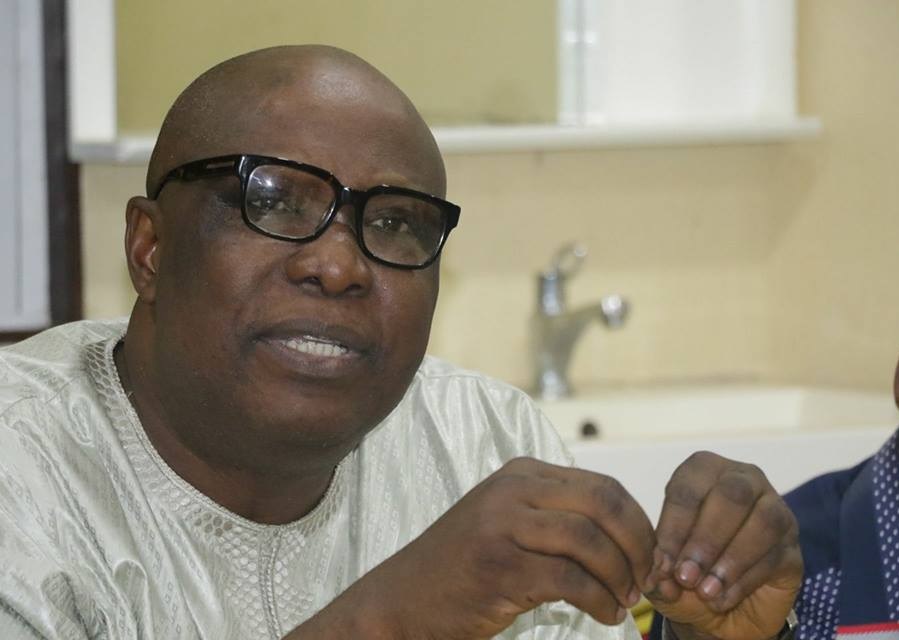A consortium of civil society organizations has advised the federal government to repeal the laws establishing the Petroleum Equalization Fund and the Petroleum Products Pricing and Regulatory Agency (PPPRA) as a sign of its commitment to subsidy removal.
The consortium, formed in April 2020 and led by the Nigeria Natural Resource Charter (NNRC), said the legislation can either be enacted separately or embedded in the petroleum industry bill.
Other organisations that embody the consortium are Civil Society Legislative Advocacy Centre (CISLAC), BudgIT, Connected Development (CODE), Media Initiative for Transparency in Extractive Industries (MITEI), OrderPaper Advocacy Initiative, Women in Extractives (WiE), Extractive 360, Centre for the Study of the Economies of Africa (CSEA), Youth Forum on Extractive Industry Transparency Initiative (Youth Forum on EITI), Publish What You Pay (PWYP), Africa Network for Environment and Economic Justice (ANEEJ), African Centre for Leadership Strategy and Development (CentreLSD), Centre for Development Support Initiatives (CEDSI), Centre for Transparency Advocacy (CTA) and Koyenum Immalah Foundation (KIF).
In a statement signed by Tengi George-Ikoli, NNRC programme coordinator, the consortium urged relevant authorities including the Central Bank of Nigeria to provide a level playing ground for players in the market and not place the Nigeria National Petroleum Corporation (NNPC) at an advantage over others.
Advertisement
“While we await appropriate legislation, we require the government to clarify the role of the petroleum support fund in the new deregulation regime,” a statement signed by George-Ikoli.
“Clarity is required about how that fund is being managed, whether the over-recovery sums were deposited there and how they are expected to be spent.”
The CSOs urged President Muhammadu Buhari, who doubles as the minister of petroleum, to show his commitment to deregulation by expunging the laws that can encourage a return to the subsidy regime.
Advertisement
It also advised that agencies like the Federal Competition and Consumer Protection Commission (FCCPC) should be empowered to take over the consumer protection interests of Nigerians that may be adversely taken advantage of by profiteering marketers.
On the issue of improving the immediate effects of the removal of petrol subsidy, the CSOs said the federal government should channel the revenues that would have been used for subsidy to improve the lives of impoverished Nigerians by investing in enablers of economic growth and development such as the development of rural roads, education, health services and agriculture.
While commending the federal government for providing initial regulation to support the deregulation efforts, the CSOs urged the government to do more in engaging the public on the potentials of a deregulated downstream sector saying the government’s engagement with the public “leave a lot to be desired”.
Advertisement
Add a comment






